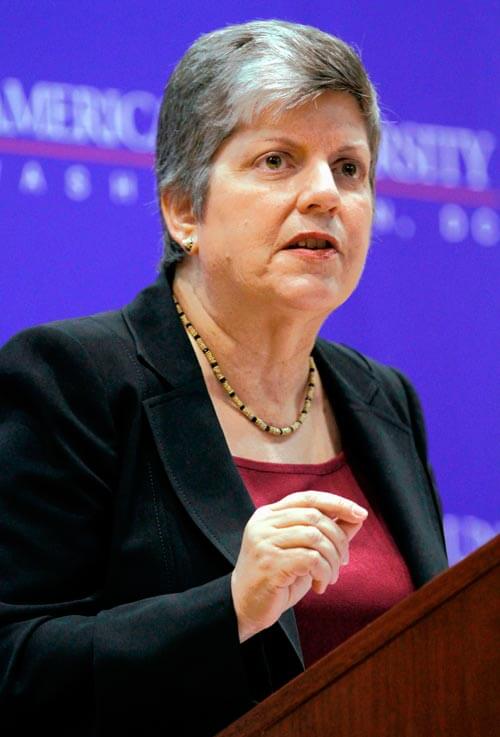Washington and the Caribbean Community (CARICOM) countries have agreed to strengthen the region’s security structures and institutions and improve ties between CARICOM and the Dominican Republic, in order to more effectively promote regional and international coordination to address the security challenges facing the Caribbean.
A joint statement issued at the end of the Caribbean Basin Security Initiative (CBSI) conference recently in The Bahamas said they also agreed to develop a sustainable regional defense, maritime and security training capacity in the Caribbean that utilizes existing national and regional training facilities, and expertise to establish and maintain standards for regional training.
“Enact, as necessary, and harmonize legislation in the Caribbean that allows for the seizure of assets used in illicit activity and, in turn, makes these assets available to support law enforcement and crime prevention, initiatives as a means to strengthen national and regional security capabilities,” the statement said.
The two partners say they will also adopt “a coordinated approach for engaging development partners in the implementation of social and crime prevention initiatives” and establish a regional repository of best practices in the areas of crime prevention and social justice to facilitate networking, policy development and programming,
The meeting, which was held under the theme “Fostering Greater Regional Coordination and Ensuring Long-term Sustainment,” also agreed to adopt policy and legislative reforms “as appropriate, in accordance with nationals laws to implement information-sharing mechanisms on a region-wide basis, including sharing of radar and sensor data for the purpose of detecting, monitoring and interdicting illicit activities in the Caribbean; and law enforcement and ballistics data in order to strengthen the fight against crime.”
The Federal Bureau of Investigation (FBI) and other U.S. agencies are working with Caribbean partners through the CBSI to develop a fingerprint collection system that will help check criminals against terrorism and criminal databases.
U.S. Secretary of Homeland Security Janet Napolitano told the conference that once the system is operational “we believe it will allow for sharing of information between the United States and participating countries.”
She outlined various initiatives, including aviation security, training and anti-terrorism assessments, which she aid are examples of strong, cooperative models that work, and that can be expanded and used to strengthen regional cooperation in other areas.
Bahamas Prime Minister Hubert Ingraham, who also addressed the high-level meeting, said it was an important opportunity for regional leaders to act together to counter their countries’ continued vulnerability to transnational criminal activity, including drugs and arms trafficking, human smuggling, illegal immigration and money laundering.
He expressed confidence that CBSI cooperation will measurably reduce transnational trafficking of all kinds.






















